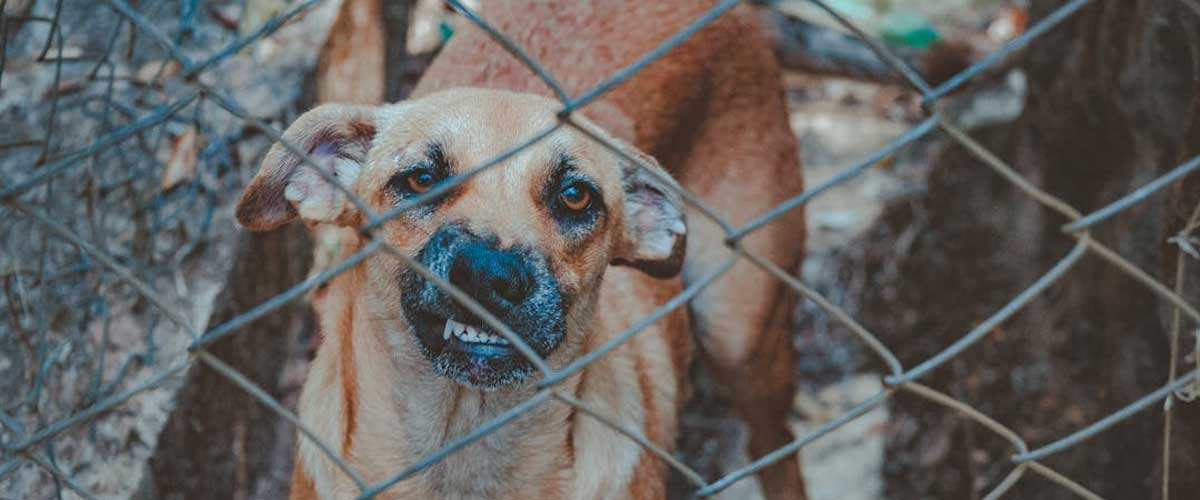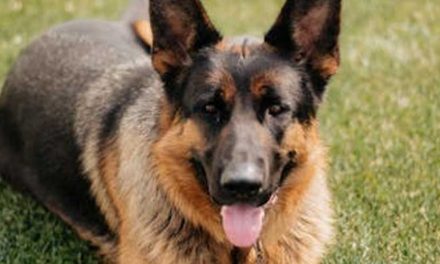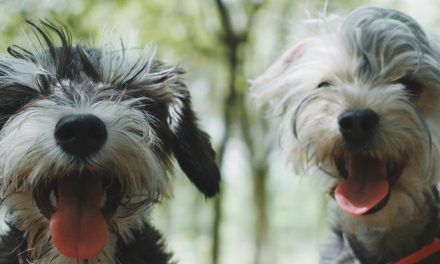Throughout history, dogs have served alongside humans in various roles, and one of the most significant contributions they make is in the realm of security.
Attack dogs, often trained for protection and guarding duties, play a vital role in safeguarding homes, properties, and lives.
History and Breeds
The use of dogs in guarding dates back thousands of years.
Ancient civilizations recognized the value of dogs as protectors due to their keen senses and natural guarding instincts.
Over time, specific breeds have been developed and refined for their protective capabilities.
Breeds like German Shepherds, Rottweilers, Belgian Malinois, and Doberman Pinschers are commonly employed in security roles due to their intelligence, loyalty, and strength.
Training and Socialization
Attack dogs undergo rigorous training to ensure they can effectively perform their duties while remaining manageable and obedient.
Training typically includes basic commands, advanced protection techniques, and socialization with various people and environments.
This comprehensive training helps the dogs differentiate between normal situations and those that require a defensive response.
1. Obedience Training:
Before any attack or protection training begins, dogs must learn basic commands like sit, stay, and come.
This foundational training fosters a strong bond between the handler and the dog.
2. Protection Training:
In this stage, dogs are taught to bite and hold intruders or threats on command.
This training emphasizes control, ensuring that the dog only acts when directed by its handler.
3. Socialization:
Exposure to different environments, people, and animals is crucial.
Well-socialized dogs are less likely to react aggressively in non-threatening situations, making them safer in public settings.
The Importance of Handler Relationships
A successful attack dog relies not only on its training but also on the relationship it shares with its handler.
Trust and communication between the dog and the handler are essential for effective guarding.
Handlers must demonstrate leadership and provide consistent guidance to their dogs, allowing the animals to perform their duties confidently and effectively.
Applications in Security
Attack dogs are employed in various security roles, including:
Personal Protection:
Many individuals hire trained protection dogs for personal safety, especially in high-risk professions or regions.
Law Enforcement:
Police and military units utilize attack dogs to apprehend suspects, search for narcotics, and provide crowd control during public events.
Security Firms:
Many businesses employ guard dogs to patrol properties, deter potential intruders, and ensure the safety of their assets.
Ethical Considerations
While attack dogs can offer significant benefits in security, their use raises ethical concerns.
It’s crucial to ensure that dogs are treated humanely, receive adequate training, and are not subjected to harmful practices.
Responsible ownership and management are vital to prevent misuses of these powerful animals.
Dogs in Guarding and Security
Attack dogs serve as formidable allies in guarding and security roles, combining their natural instincts and rigorous training to protect and serve.
With the right training, socialization, and ethical considerations, these dogs can be invaluable assets in ensuring safety and security, enhancing the sense of protection for individuals and communities alike.
As society continues to evolve, the role of attack dogs remains a testament to the enduring bond between humans and their canine companions.












